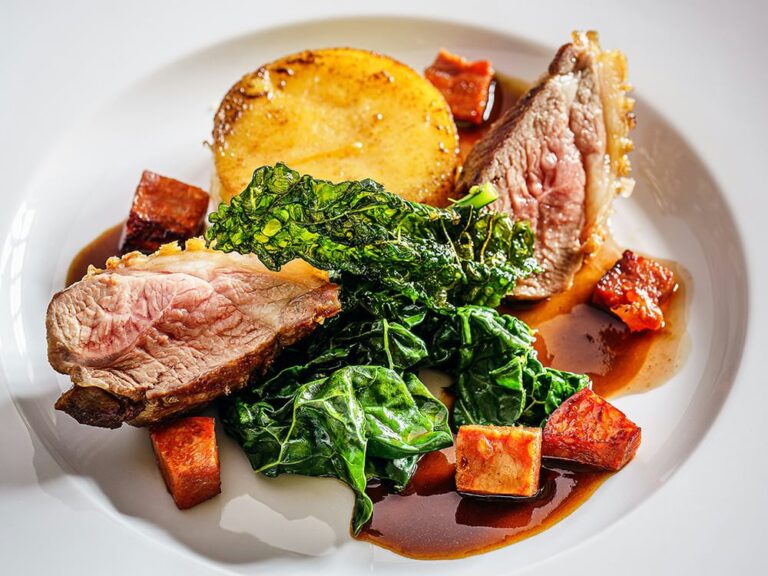venir
The French verb “venir” means “to come.” It is one of the most frequently used verbs in the French language. Present Tense (Présent) Future Tense (Futur Simple) Passé Composé In the passé composé, the verb “venir” uses “être” as the auxiliary verb, and the past participle “venu” agrees in gender and number with the subject.









